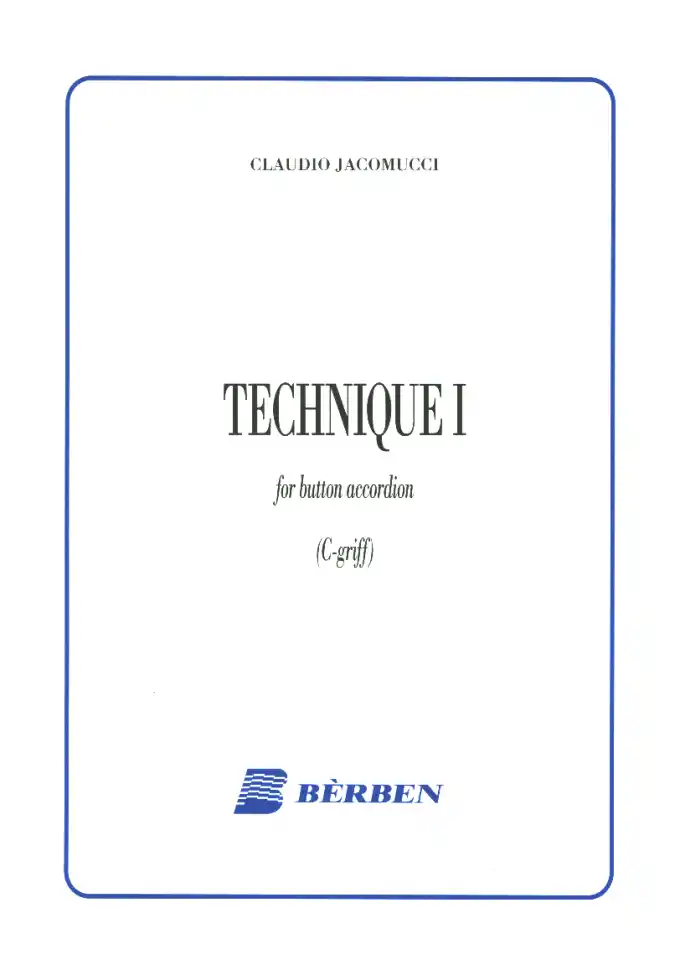The most challenging? The moment when you move a piece of music from playing what is on the sheet to making MUSIC. I was at a recent public gathering of musicians and there were perhaps 40 people in attendance (my niece's music recital). What was kind of nice to note is that all were of a high calibre of experience and ability... yet only ONE person there was
making music, while the others were strenuously occupied in reading the sheet music and playing the notes.
Now, that does NOT mean tha you cannot "make music" while reading what is there on the sheet, but this is something that comes with time, maturity and many hours of practice.
Even then, in the case of one person, it is still not what I would call "music". I am now speaking about myself.
During my days at the conservatory, this is what I was made into... a "technical tour de force", able to play literally anything placed on the music stand in front of me,
easily... but it never had heart. Sure I followed the dynamics notations, but it took me many years more to learn that, and it took a comment from, of all people, a bartender at a place where I was performing to place that concept in my head. Everyone is different, some are born with it, and if you are, thats amazing and I envy you, but if you are not, it is super hard to find, much less grow. I suppose that was my biggest challenge ever.
The day when it finally kinda hit home for me, I was performing at a German cafè in Ottawa Ontario and played a song that I felt inside my soul, not even sure why... but the result was that the man listening was touched and cried... hard. If you can make someone laugh, or better yet cry, with the poignancy of your music, thats someone that is on the right track and is what I feel is the hardest thing FOR ME to do.


